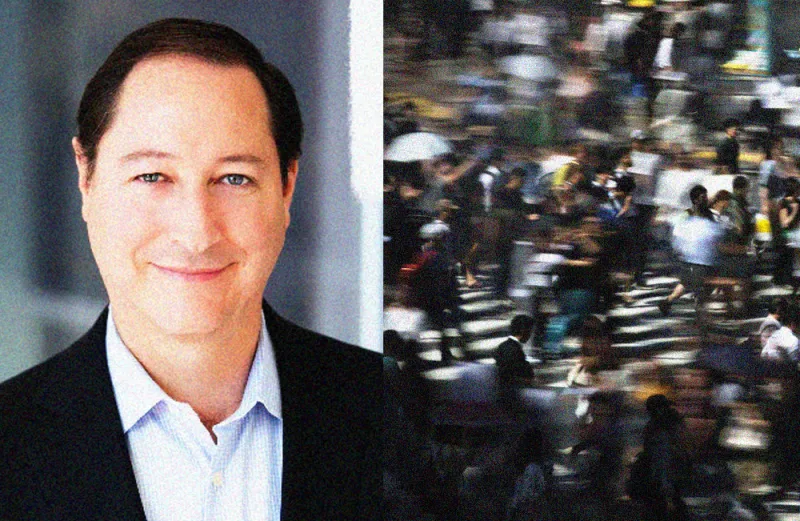Faced with a steady stream of bad news, it’s not surprising that most investors aren’t positioned for a move up by the markets in 2022. But Jordi Visser, president and CIO of $4 billion Weiss Multi-Strategy Advisers and one of the few strategists who believes that the second half of the year will be a “completely new story,” says investors will have to make some difficult decisions about their positioning in the next month or two. The market’s recent decline coupled with investor sentiment hitting 30-year lows this month may make going against the consensus even harder.
The first half of the year has been all about markets adjusting to new information, starting with the Federal Reserve’s pivot to inflation, the aggressiveness of the Fed’s fight, China’s Covid lockdown, and Russia’s catastrophic invasion of Ukraine, according to Weiss’s research.
In an interview, the hedge fund manager said that he’s been waiting for signs that at least some of the bad news has been discounted, and he’s trying to determine the outlines of the next story for investors — namely, what will happen over the next three to six months. Even though the markets fell on inflation fears on Friday and on Monday, Visser said that “inflation has peaked, but people haven’t identified it yet as peaking, and part of that is the price of gas at the pump,” he said.
“Not only has inflation peaked, but now you have a slowdown happening globally, [which] in the U.S. in particular [is] starting to take form,” he added. He cited both Target’s and Walmart’s recent warnings about their inflated inventories.
Bond volatility also peaked for the quarter on May 2, argued Visser. “So those surprises we had, they’re all built into the market. Since May 2, we’ve seen changes in the way assets have moved, and they’re telling an important story,” he said. Visser, who doesn’t believe a recession is coming, says that people have money that they have to put to work. Inflation may be decreasing, he said, but it’s still high and will decimate money that sits in cash for too long.
Even though the markets have dropped into bear market territory, Visser said he continues to believe that the market has already discounted the shock from the Fed and the probability of slower growth.
“However, it does impact the timing of when the pendulum of sentiment will shift enough to see more of the early signs of risk-taking we saw when bond vol stabilized in early May,” he said in a follow-up e-mail. “I expect during the summer for markets to see enough signs of slowing growth to offset the current inflation focus.”
A big part of the rationale for Visser’s outlook is the Chinese government’s attempts to rally their own markets. China’s moves will benefit the technology sector, in particular.
“The animal spirits in China are increasing, which will help in the second half of the year,” he said.







